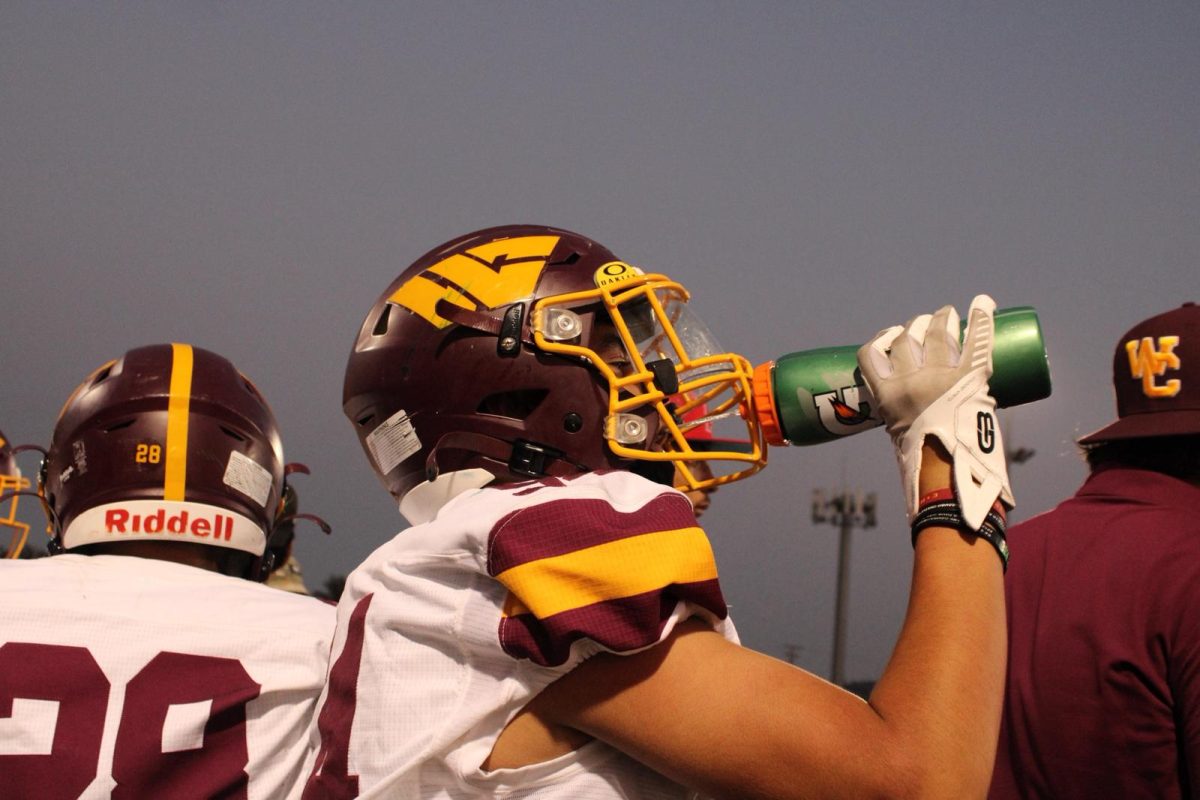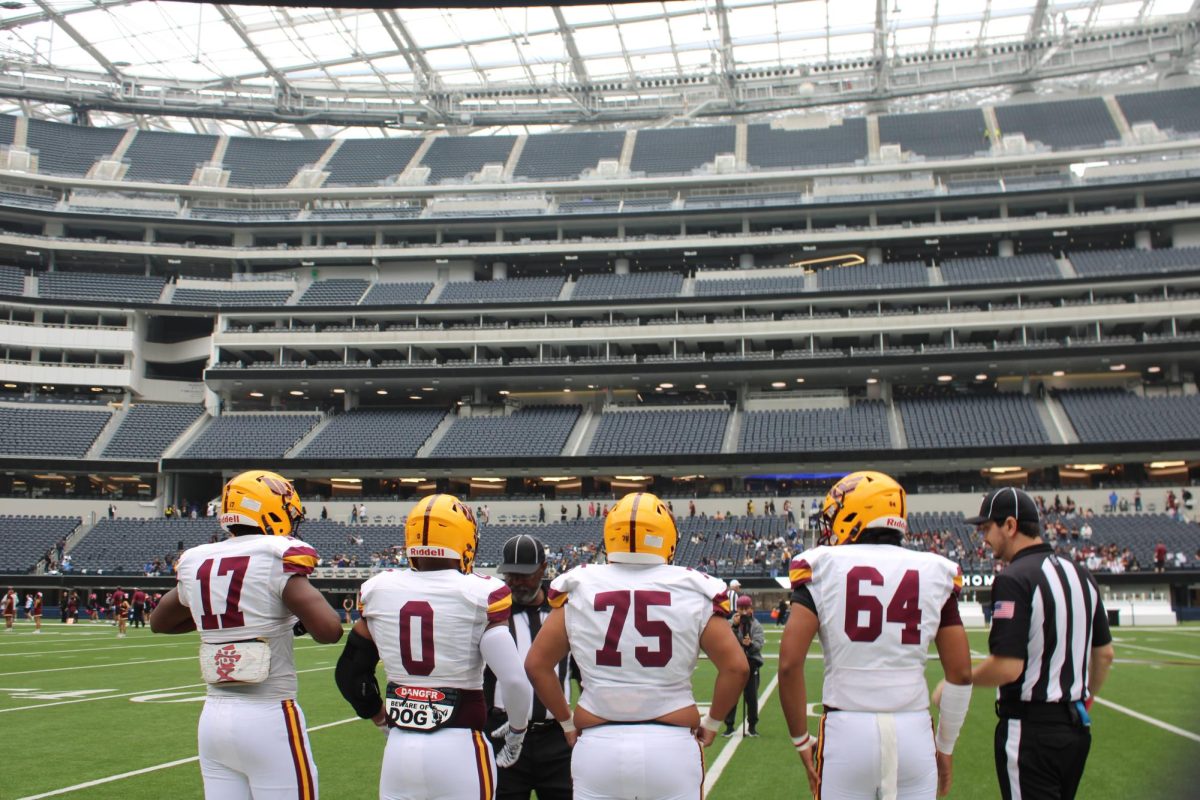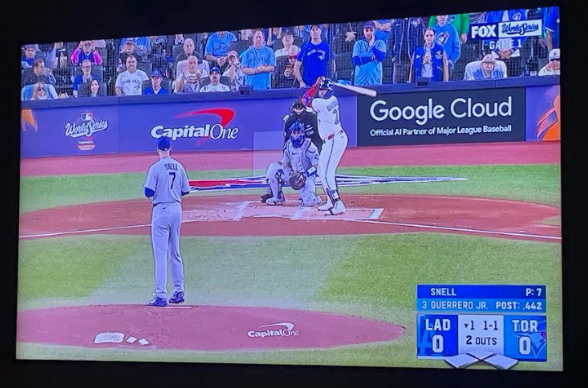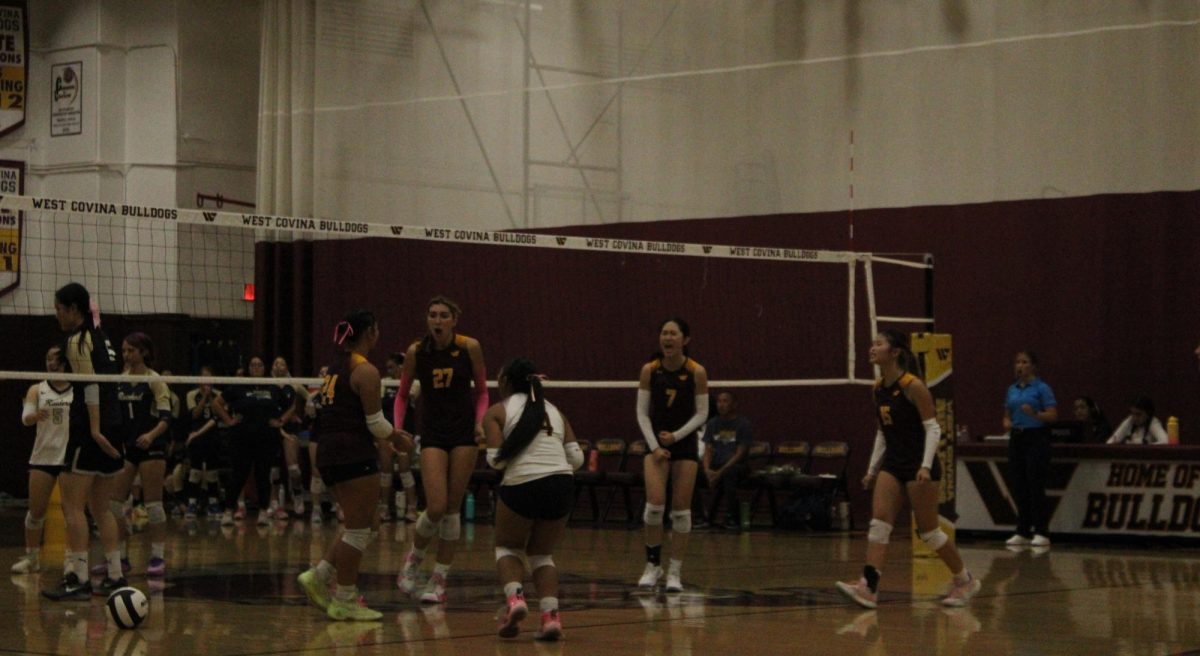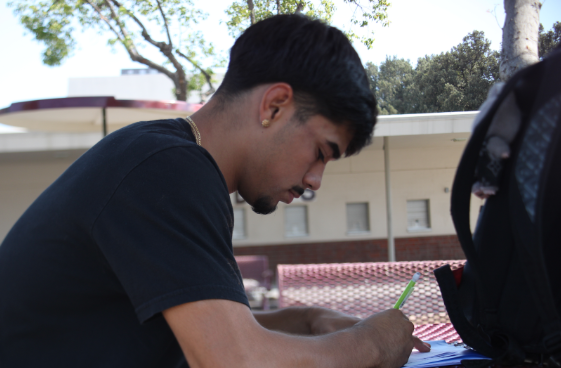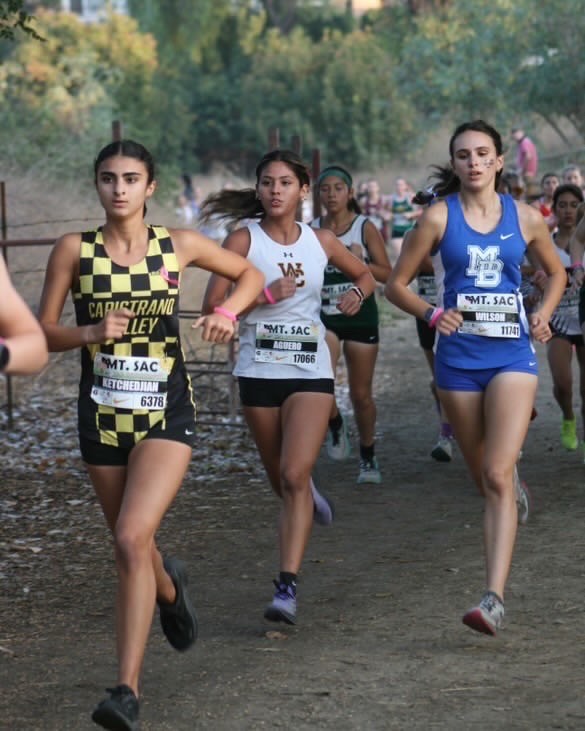During the summertime, temperatures have been increasingly high and have reached temperatures higher than the 100s. As there are many athletes in training, heat concerns may rise, especially for those practicing outside.
Effects of practicing in this weather can result in athletes being fatigued, unmotivated, and it may impede a safe and successful practice. These heat conditions contribute to a loss of practice time because athletes must take more water breaks or sit out on break.
The first week of September, athletes practiced in weather conditions in the 90-100 degree range, some of which include sports like cross country, tennis, football and flag football. These sports practice two to three hours daily despite the heat conditions.
This temperature range has been consistent since the start of summer following the school year. However, these levels of heat are deemed dangerous, as cited by certified researchers for sports medicine in the Division of Sports Medicine at the University of South Florida College of Medicine.

Senior Josiah Joseph describes the way heat can be detrimental to performance and practice.
¨When I realize it´s hot outside and the weather is definitely muggy, I´m slower, my energy is more taken up. I´m kind of tired before I even get to practice, just due to being in the heat all day,¨ Joseph said.
Concerns from high temperatures aren´t limited to sports that practice outdoors. This season, sports like volleyball practice indoors, but the extreme weather still affects them. Although indoor sports are not directly exposed to the heat, junior Kolbie Maranan confirms it is a privilege to practice inside yet the heat has more of an impact since they aren’t used to it.
¨I feel like the heat makes everyone a little irritated, and then it also affects a lot of our performances. Because weŕe an indoor sport, weŕe not really used to have that outside heat,¨ Maranan said.
These sports require an athlete’s full focus and highest abilities, but it can be difficult for athletes mentally as well. A team’s mindset leads the outcome of a game, in which the heat can influence that. Thus, it can harbor negative thoughts in athletes and cause fluctuations in mood.
Senior Natalie Alvarez sees the difference in motivation when the temperature is cooler.
¨When it’s cool, everyone is much more energized. Everybody actually wants to push through,¨ Alvarez said.
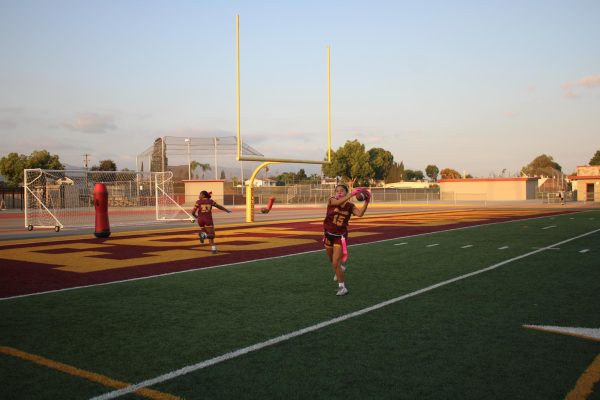
Negative thinking leads to poor performance, and this energy on the field is expressed through commentary and complaints amongst teammates or even to the coaches, according to Alvarez. Such complaints of not wanting to be at practice or to fully participate in training indicate a lack of effort and team morale on the field as the heat causes poor motivation. But with the help of their coaches and teammates, they find the will to push through these hardships.
¨They want us to push through it as it is a good learning block and gets us ready for our games and puts us in a better mental state and overall physically prepares us for our games,¨ Joseph said.
Athletes fight harsh weather conditions with the intention of improving training. The dedication and hours spent on the sport and support from team members are consistent in these times. So, despite the negatives the heat can bring, it allows athletes to learn and strengthen their bodies and minds.


